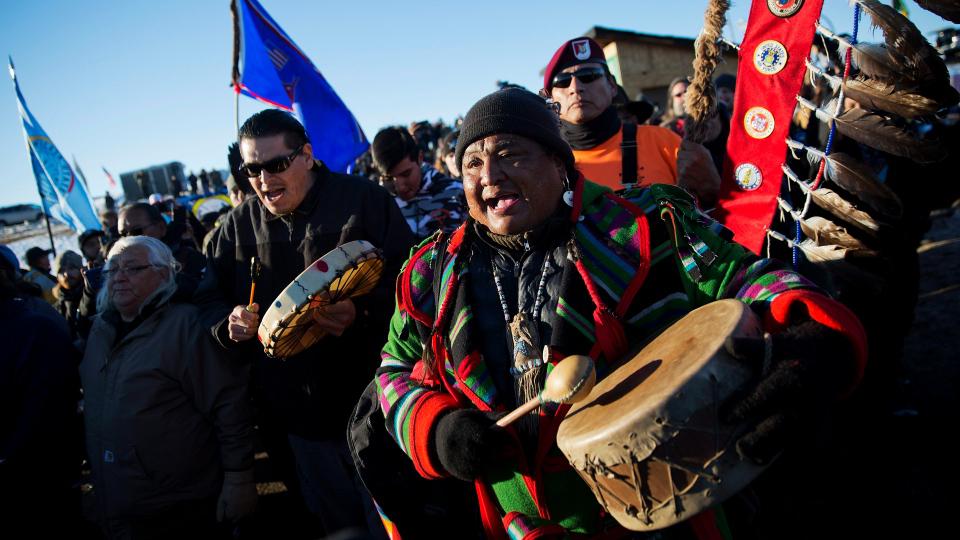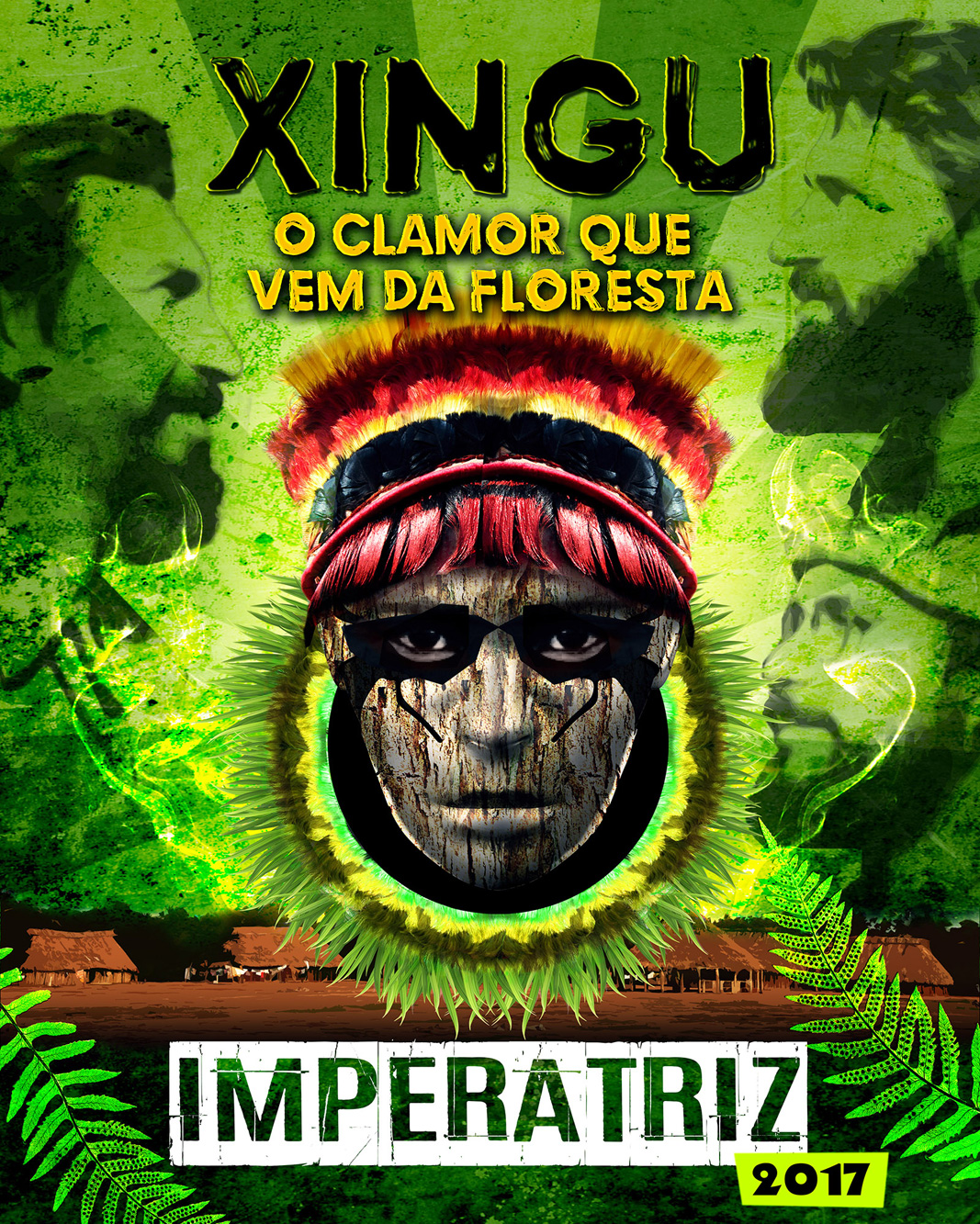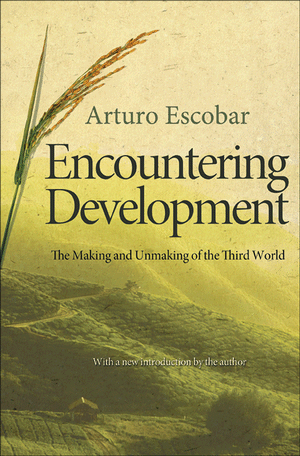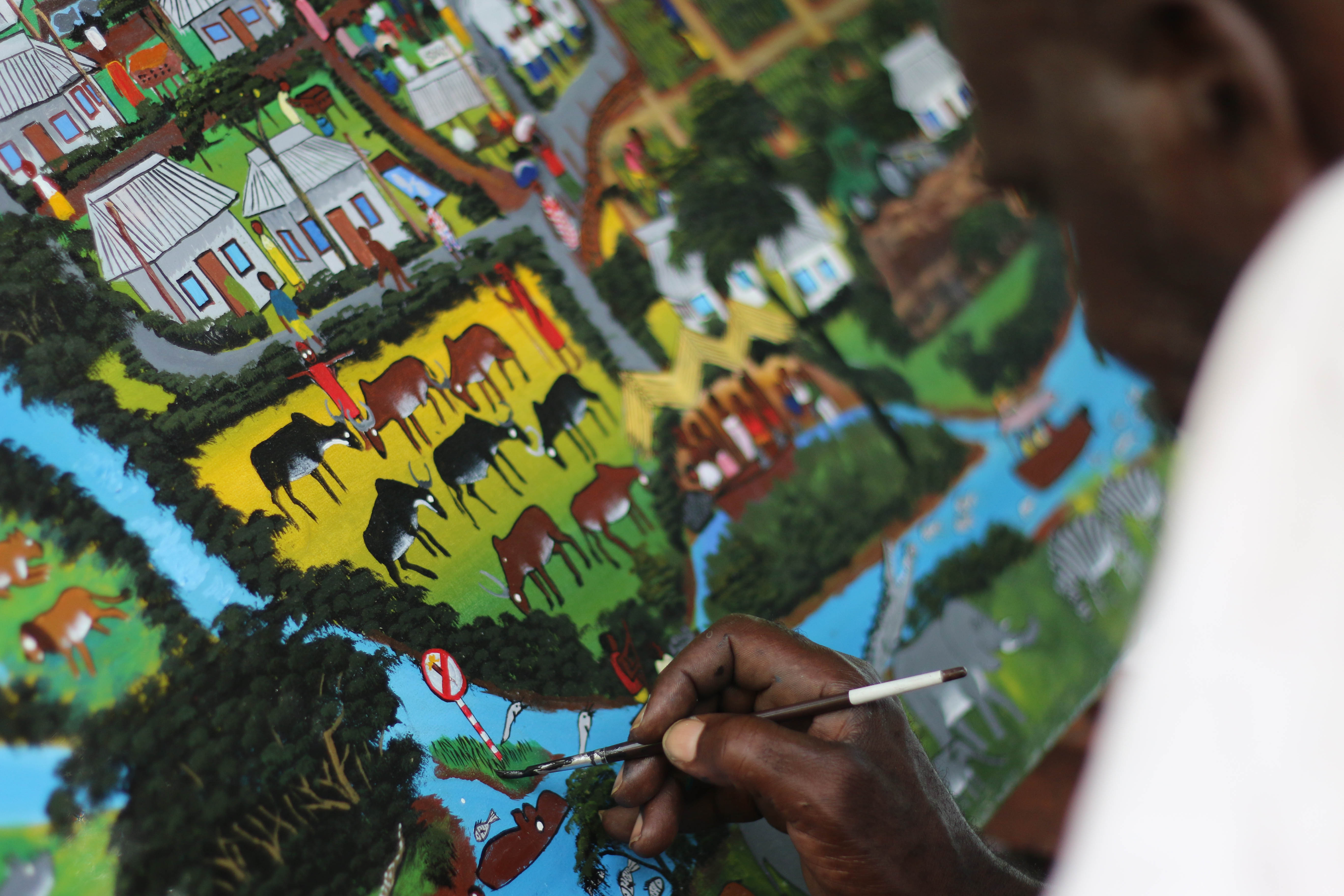Most Read
Recent Posts
- Insurgent Ecologies is available for pre-order July 11, 2024
- The Rise and Fall of a Resistance Movement Against Oil Extraction in the Ecuadorian Amazon July 1, 2024
- Zine: Strange Natures May 28, 2024
- Palestinian Political Ecologies Reader May 23, 2024
- The genocide in Gaza is also a terricide: Reflections on the climate crisis and the collapse of western civilization May 21, 2024








